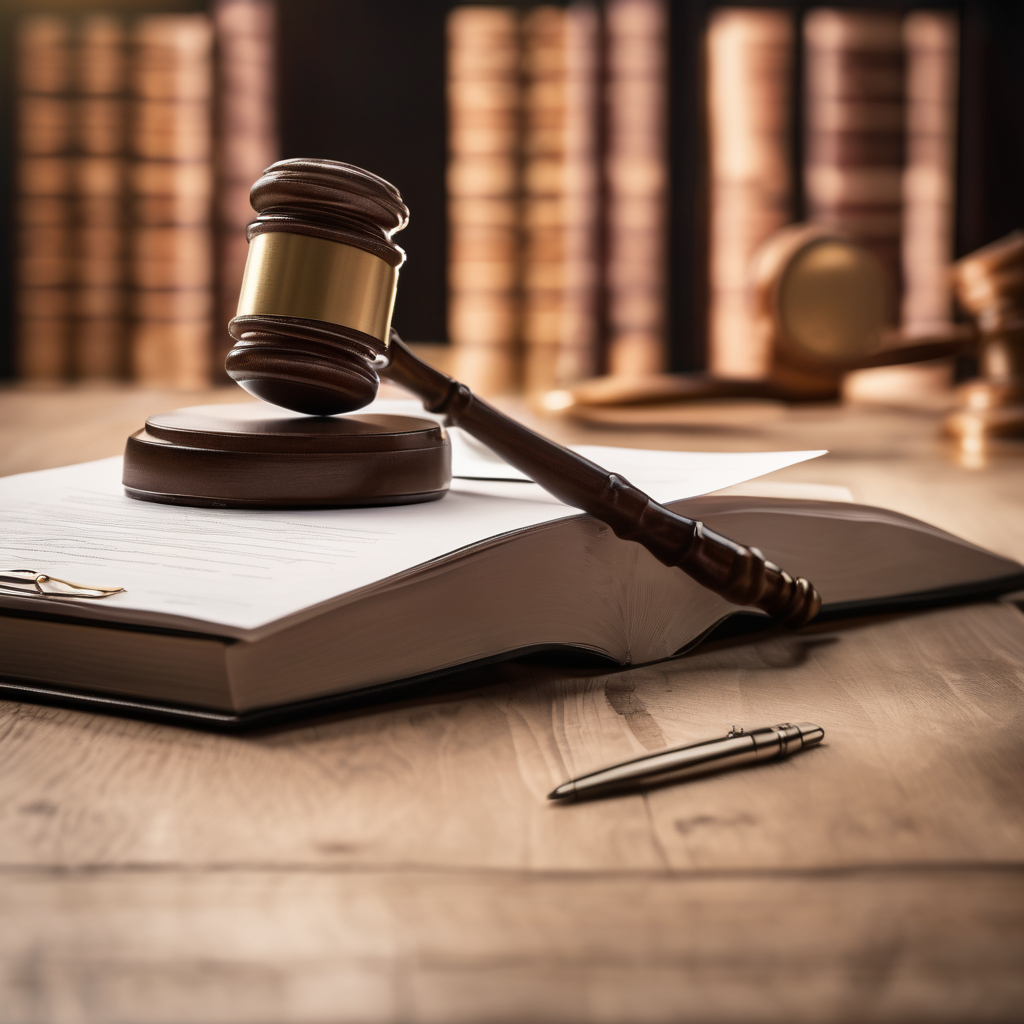Lawyers representing former FBI Director James Comey filed a motion on Friday to dismiss the criminal case against him, citing significant errors in the grand jury process that they claim render the indictment “legally flawed.” This development follows conflicting statements regarding the grand jury’s review of evidence against Comey, leading to questions about the validity of the charges.
Interim U.S. Attorney Lindsey Halligan disclosed to a judge that the grand jury did not review the final two-count indictment against Comey, suggesting they had only seen an earlier version that included a charge they ultimately rejected. Comey’s legal team contended that these discrepancies indicate a “reckless and ill-conceived” prosecution strategy, allegedly influenced by President Trump’s desire to prosecute Comey before the statute of limitations expired. They argued that Halligan, appointed by the President, rushed the indictment while violating essential grand jury protocols.
In a subsequent legal filing, federal prosecutors attempted to clarify their position, asserting that the grand jury did indeed review the two-count indictment. However, Comey’s attorneys challenged this assertion, claiming it contradicts earlier statements and relies on a misinterpretation of interactions between grand jury members and the presiding judge.
Defense attorneys pointed out that even if the indictment was presented to the grand jury, it raises further complications for the government, including the lack of a record of that presentation. They further criticized Halligan for various missteps, including legal inaccuracies, reliance on questionable search warrant evidence, and incorporating privileged communications in testimony.
Comey maintains a not guilty plea to charges of false statements and obstruction related to his 2020 testimony before the Senate Judiciary Committee. This case unfolds amid broader discussions about the motivations behind the prosecution, with critics alleging that it is part of a retaliatory campaign against political adversaries. Vice President JD Vance has publicly stated that such prosecutions should be guided by legal principles rather than political motives.
As this case develops, it highlights ongoing tensions between former federal officials and the current administration, raising important questions about the integrity of legal processes and the extent of political influence within them.
